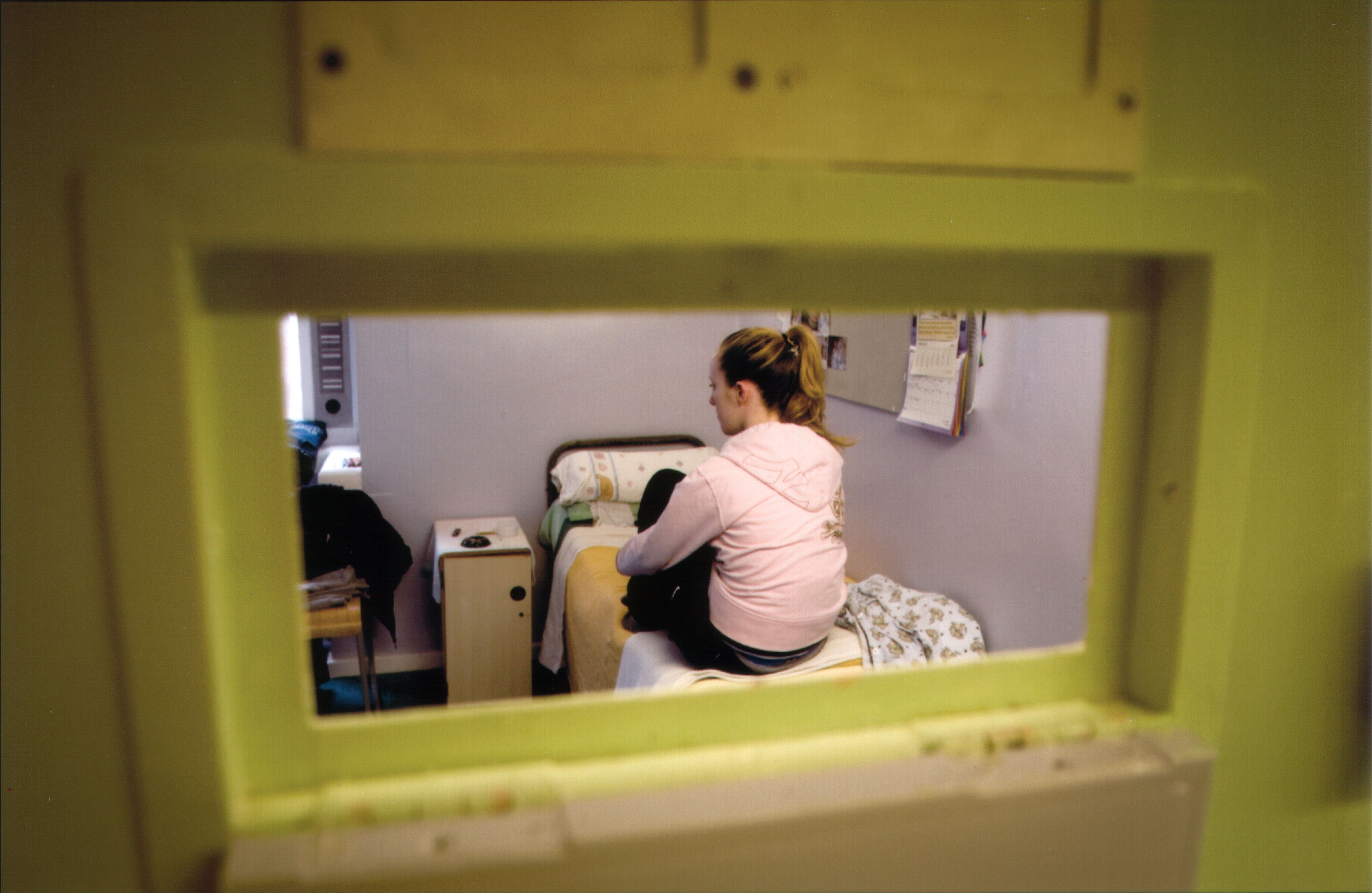What happens when your mum goes to prison?
Reflections on a recent BBC Ideas short film, from a mother previously supported by Birth Companions.
Reflections on a recent BBC Ideas short film, from a mother previously supported by Birth Companions.

When she was sent to prison shortly after giving birth, Joni found herself separated not just from her newborn, but also from her four older children. While she was reunited with her baby on a prison Mother and Baby Unit – and found support from Birth Companions while there – the ripple effects of the separation have been profound for her and her family.
Recently, Joni starred in a new short film from BBC Ideas and Dr Shona Minson, exploring what happens when mothers go to prison.
Here, she reflects on the impacts of imprisonment on pregnant women, mothers and children, the support that helped her, and why she chooses to speak out.
Being sent to prison was a shock. Having the privilege of my baby joining me at 11 weeks old was surreal and I cannot overestimate the impact that being with him had on me.
On the inside, Birth Companions and the nursery team treated me like I was just a mum at any postnatal group – never a prisoner. They humanised a very traumatic experience and talked to us, listened to us. You really felt a calming presence on the Mother and Baby Unit.
Being away from my older four children was the worst part of my prison journey. The constant kick of guilt about the impact on them – struggling and enduring the punishment of losing me for almost a year and a half – is hard to understand long term.
The focus during my time away was to write every single day. My letters home were tailored to the ages of my children – they included quizzes, questions on GCSE topics, fun pictures to colour, and sometimes I would even fold my letter into origami learnt from a library book. The little things we hold on to at the time!
I chose to be part of the BBC short film “When Mum Goes To Prison” because I want to be part of any positive change that sees mothers not being sent to prison for non-violent offences. If the stories leading up to women’s offences are not enough to help people to understand, then surely witnessing the regret, shame, embarrassment, fear, worry and years of stress mothers go through afterwards must do? Other forms of punishment are available to reduce the impact of maternal imprisonment on the children. They need to be used.
I saw many pregnant women inside, desperation in their eyes. Hoping to get a space on the Mother and Baby Unit. Praying they’ll get to stay with their baby when it is born. Fear of their labour starting and not getting out to medical support in time. Fear of birthing without pain relief. Fear of not eating healthily or getting enough exercise. Fear of losing the baby through complications.
I was lucky to secure the last space on the Unit, and lucky not to have had the experience of giving birth to my baby on the inside. I think the dates of these life events were a blessing, although I could not see that at the time.
In the darkness of prison life, thank goodness for organisations like Birth Companions who really are a bright light. Without them, more women would break.
Watch the BBC Ideas film in full.
Find out more about Birth Companions campaign for a better approach to pregnancy, birth and early motherhood across the whole criminal justice system.
To discuss any of the issues or themes mentioned in this article, please get in touch.